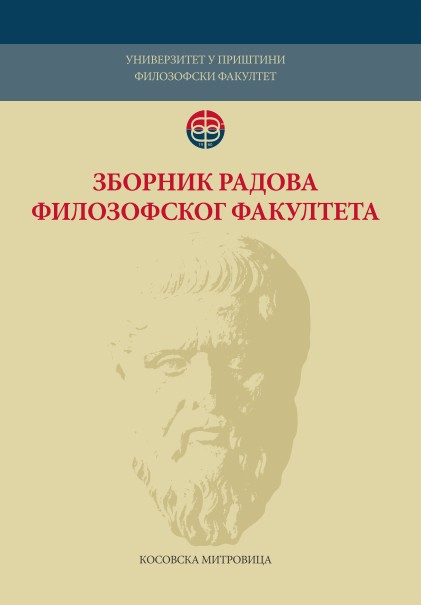Индивидуално планирана настава у свјетлу савремених дидактичких теорија
Individualised teaching in the light of contemporary didactic theories
Author(s): Ljiljana JerkovićSubject(s): Social Sciences, Education
Published by: Филозофски факултет, Универзитет у Приштини
Keywords: individually planned teaching; cybernetics and information theory; critical constructivism; curriculum theory; critical communication theory; developmental learning theory; theory of confluent learnin
Summary/Abstract: It is possible to more fully clarify the major theoretical foundations on which individualised teaching rests in the context of the key tenets of contemporary didactic theories, whose orientations are very different, even contradictory. The essential characteristics of individually planned teaching, especially those concerning the teacher's prominent role in the planning, preparation, execution, and evaluation of the teaching, can be grounded in the theoretical foundations of the cybernetics and the information theory, whose orientation is objectivist and positivist. It is mostly up to the teacher to make decisions regarding individually planned teaching processes, which are not as algorithmized as the postulates of the cybernetics and the information theory. Since individually planned teaching is a communication process that should be made as interactive as possible to maximise its effectiveness, aspects of it can be based on elements of Reiner Winkel's critical communication theory, whose orientation is materialist and instrumentalist. Individually planned teaching seeks to emancipate and socialise all students as individuals, with the aim of their reaching their full potential. This is achievable if students are approached holistically, through individualised study and the teacher's effective instruction is within the 'zone of proximal development,' compounded with constant formative evaluation. These requirements agree with the premises of critical constructivism, the theory of confluent learning, the theory of targeted teaching, and the developmental learning theory, whose orientation is individualistic and interactivist. After a detailed explication of the characteristics of individually planned teaching as grounded in the postulates of the above-listed theories, given in the paper is a detailed overview of all theoretical propositions, with a brief critical review and possible open questions.
Journal: Зборник радова Филозофског факултета у Приштини
- Issue Year: 49/2019
- Issue No: 2
- Page Range: 283-304
- Page Count: 22
- Language: Serbian

